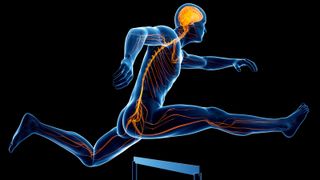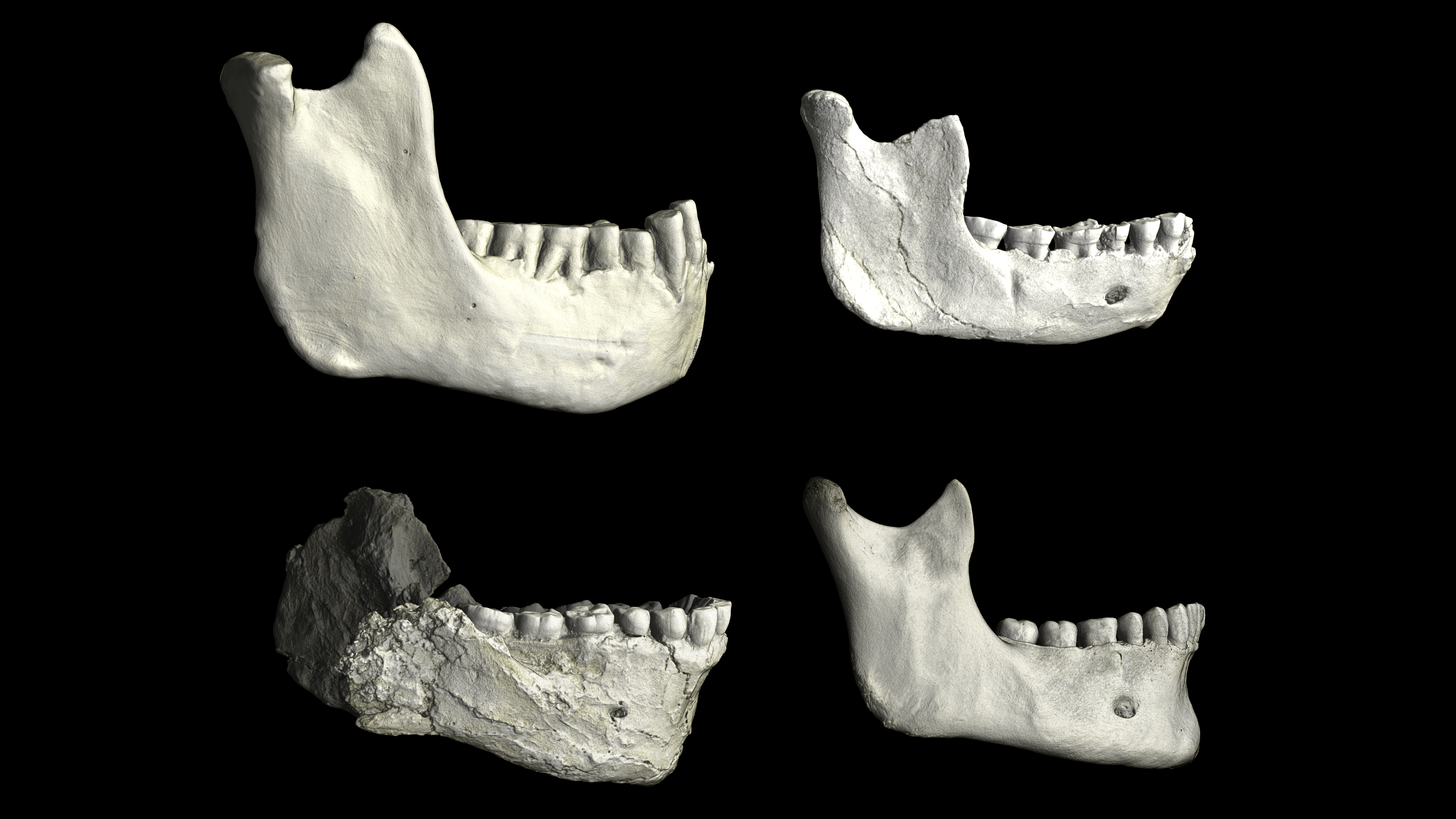Neuroscience
Latest about Neuroscience

Our brains can understand written sentences in the 'blink of an eye,' study reveals
By Ben Turner published
Language processing happens at speeds significantly faster than it takes to speak one word aloud.

Why does drinking water feel so good when you're thirsty?
By Margaret Osborne published
Drinking water triggers a variety of complex biochemical reactions that reward rehydration and help satiate our thirst.
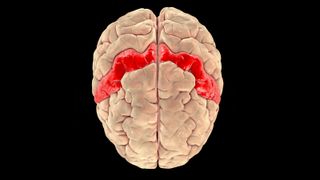
Monkey study reveals science behind 'choking under pressure'
By Christoph Schwaiger published
When a person (or monkey) is facing stakes that are too high, the stress can interfere with neurons, affecting how they direct the body to execute movements, a study suggests.
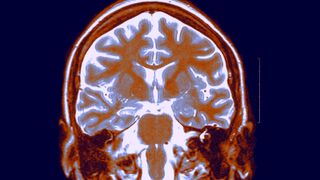
Men have a daily hormone cycle — and it's synced to their brains shrinking from morning to night
By Nicoletta Lanese published
A month-long study of a man's brain revealed that its volume consistently shrunk over the course of each day and then reset overnight.
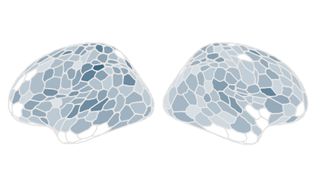
Pregnancy shrinks parts of the brain, leaving 'permanent etchings' postpartum
By Nicoletta Lanese published
A study tracks how the structure of the brain changes during pregnancy, drawing on brain scans gathered before, during and just after one person's pregnancy.
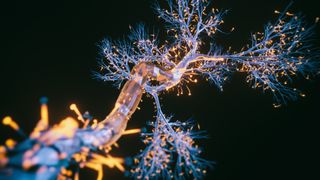
New blood test detects ALS with 98% accuracy, offering hope for earlier diagnosis
By Emily Cooke published
Many patients with ALS die within three to five years of their symptoms starting, so early diagnosis of the disease is critical for treatment.
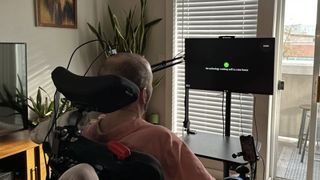
AI and brain implant enables ALS patient to easily converse with family 'for 1st time in years'
By Nicholas Card published
A researcher describes the technology behind a device that translates thoughts into words for people who cannot otherwise speak.

Real-time brain stimulation slashes Parkinson's symptoms by half in trial
By Christoph Schwaiger published
A new device reacts to rising and falling levels of Parkinson's medication in the body and improves quality of life for some patients.
Get the world’s most fascinating discoveries delivered straight to your inbox.


